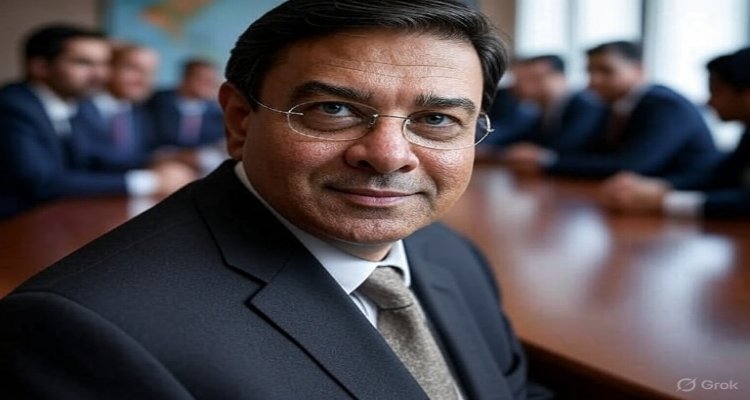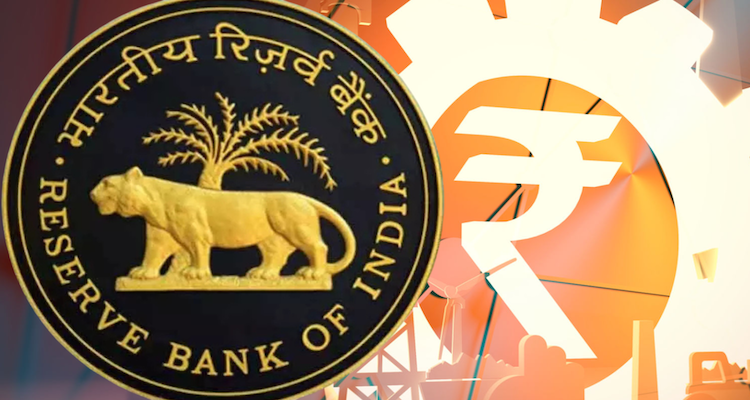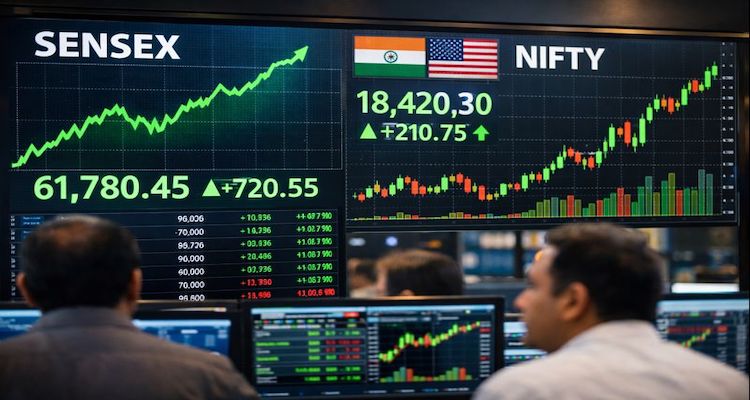Former RBI Governor Urjit Patel Appointed as India’s Executive Director at IMF

Former RBI Governor Urjit Patel has been appointed as India’s Executive Director at the IMF for a three-year term, replacing K.V. Subramanian. Learn about Patel’s career, India’s role at the IMF, and why this appointment matters for global finance.
The Indian government has tapped Urjit Patel, former Governor of the Reserve Bank of India (RBI), to represent the country at the International Monetary Fund (IMF). Patel will step in as Executive Director for a three-year term, following the early exit of K.V. Subramanian, whose tenure ended on April 30, 2025, six months ahead of schedule.
The decision, cleared by the Appointments Committee of the Cabinet, places Patel at the heart of global financial policymaking at a time when the IMF is grappling with questions of growth, debt, and international stability.
Urjit Patel: From Academia to Global Finance
Born in 1963, Urjit Patel has worn many hats across the world of economics, academia, and governance.
- After earning a Bachelor’s degree in Economics from the London School of Economics, he pursued an MPhil at Oxford University (1986) and later a PhD in Economics from Yale University (1990).
- Patel began his career at the IMF in Washington, D.C., serving from 1990 to 1995 across desks for the US, India, the Bahamas, and Myanmar.
- Returning to India, he took up a consulting role at the Ministry of Finance (1998–2001) while also engaging with private and public sector institutions including Reliance Industries, IDFC Ltd., MCX Ltd., and Gujarat State Petroleum Corporation.
His most prominent role came in 2013, when he was appointed Deputy Governor of RBI, where he oversaw critical portfolios including monetary policy and economic research. In 2016, he rose to become the 24th Governor of RBI, succeeding Raghuram Rajan. His term, however, was cut short when he resigned in December 2018 amid reported differences with the government over policy matters.
More recently, Patel served as Vice President for Investment Operations (Region 1) at the Asian Infrastructure Investment Bank (AIIB) between 2022 and 2024, further cementing his global financial credentials.
IMF: A Cornerstone of Global Economic Stability
The IMF, conceived at the Bretton Woods Conference of 1944, was designed to prevent economic crises like the Great Depression by fostering cooperation in trade and monetary policy.
Today, the IMF:
- Has 191 member countries, including India as a founding member.
- Operates from its headquarters in Washington, D.C.
- Is governed by two main bodies: the Board of Governors, typically comprising finance ministers or central bank heads; and the Executive Board, made up of 25 Executive Directors (EDs) who oversee daily operations.
India is part of a four-nation constituency at the IMF, alongside Bangladesh, Sri Lanka, and Bhutan. As Executive Director, Patel will represent the interests of this grouping while contributing to the fund’s broader mission of global monetary stability.
Why Patel’s Appointment Matters
Patel’s return to the IMF comes at a crucial time. The world economy is under strain from sluggish growth, rising debt levels in developing economies, and geopolitical flashpoints disrupting trade and investment. His experience at the RBI, his exposure to India’s fiscal policymaking, and his tenure at the AIIB uniquely position him to navigate these challenges.
For India, his presence ensures that the country’s voice — and that of its South Asian neighbors — is heard more prominently in global economic negotiations. For the IMF, it brings back an economist who understands both the developed and emerging world.
Meta Description: The Indian government has appointed former RBI Governor Urjit Patel as Executive Director at the IMF for three years, succeeding K.V. Subramanian. Here’s a look at Patel’s career and the IMF’s role in global finance.










